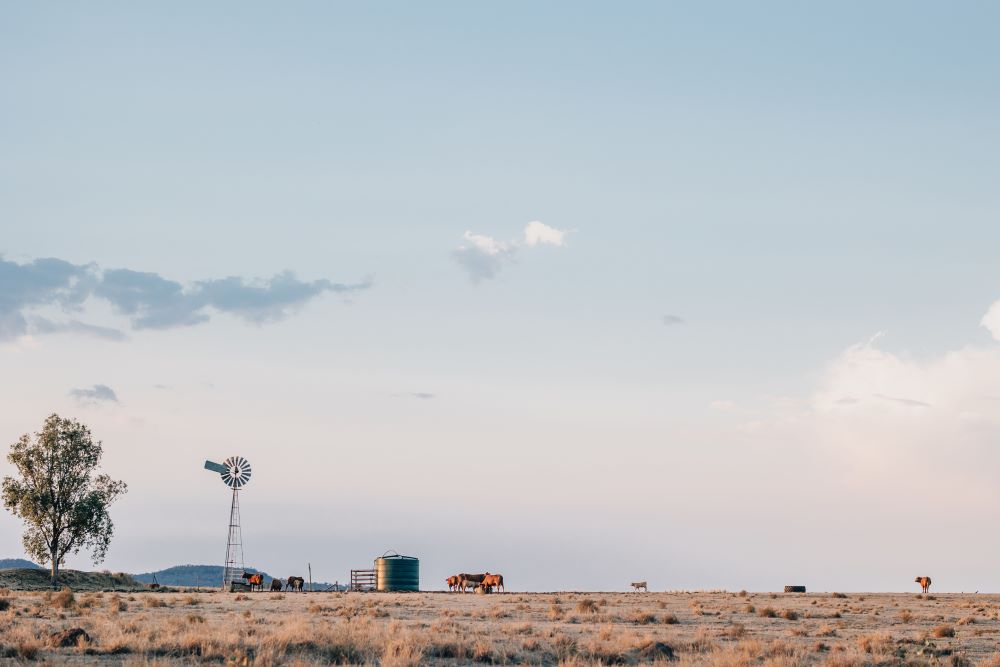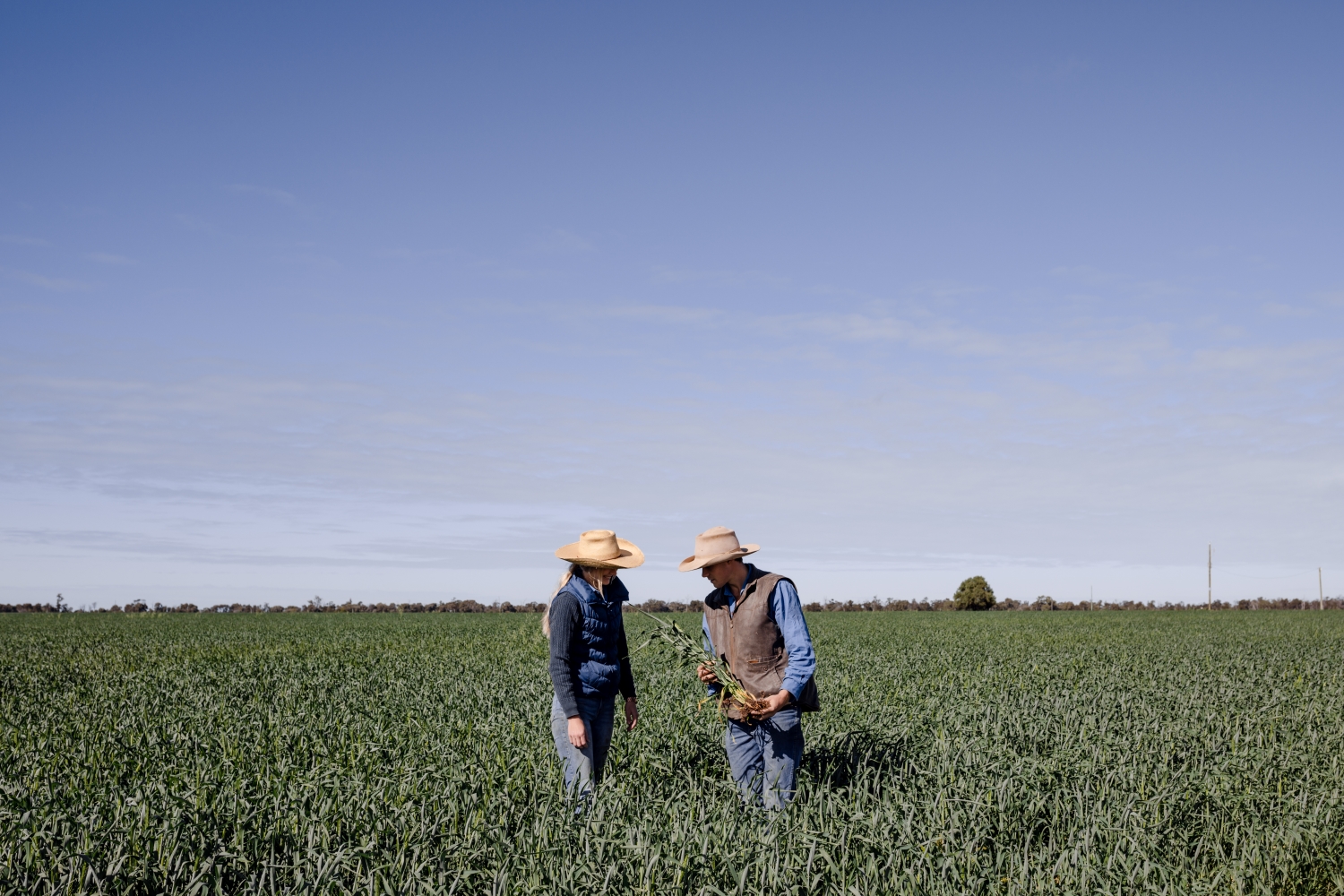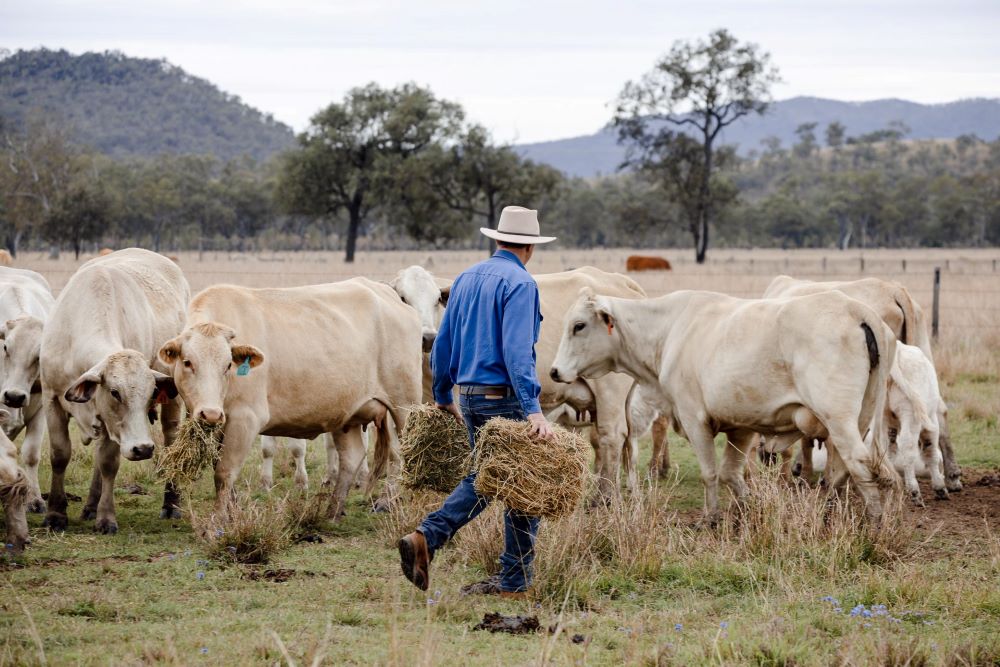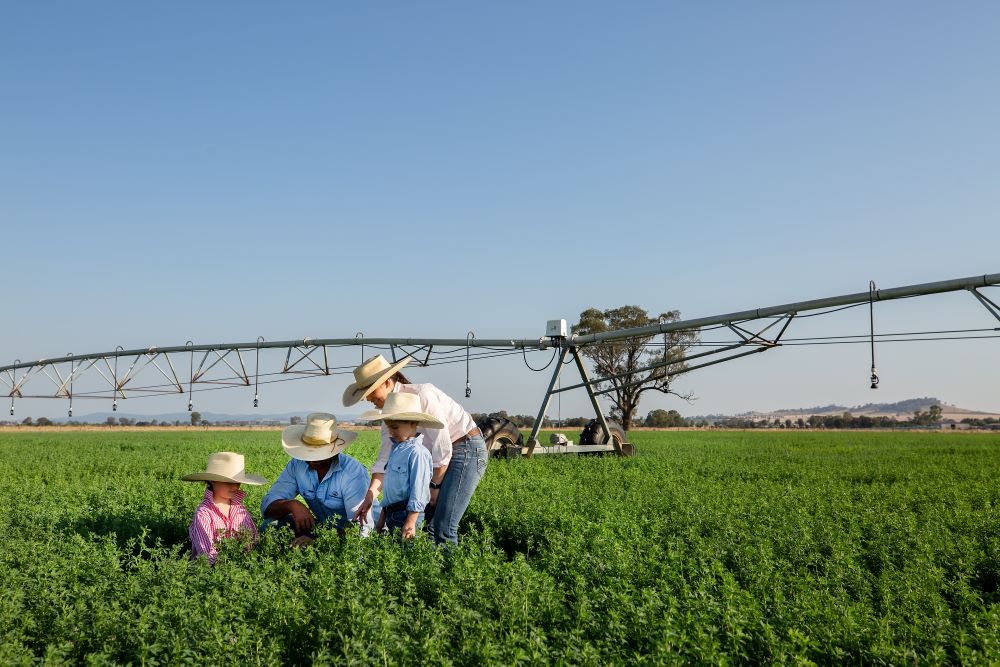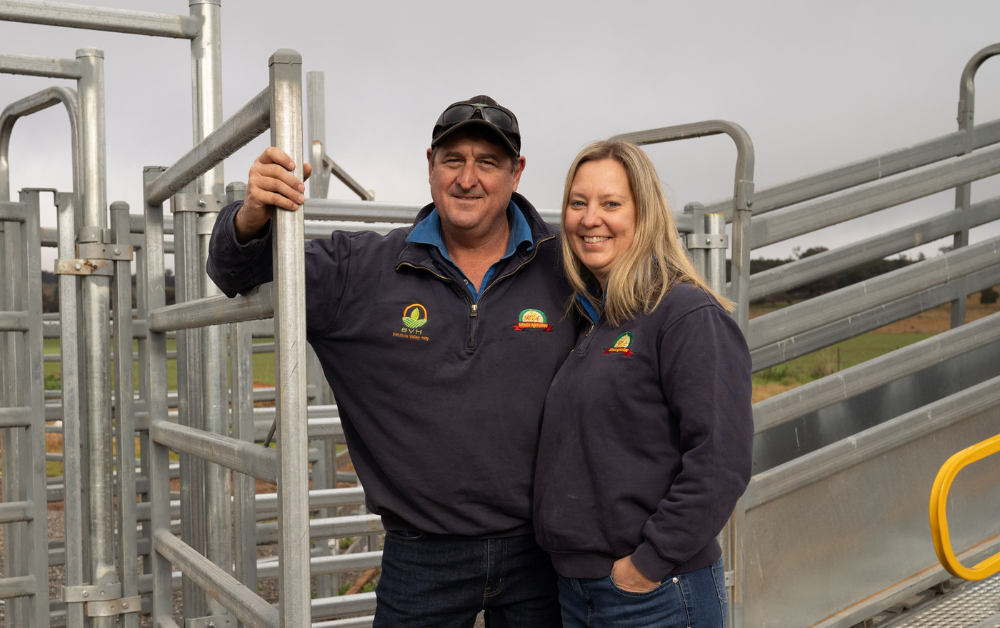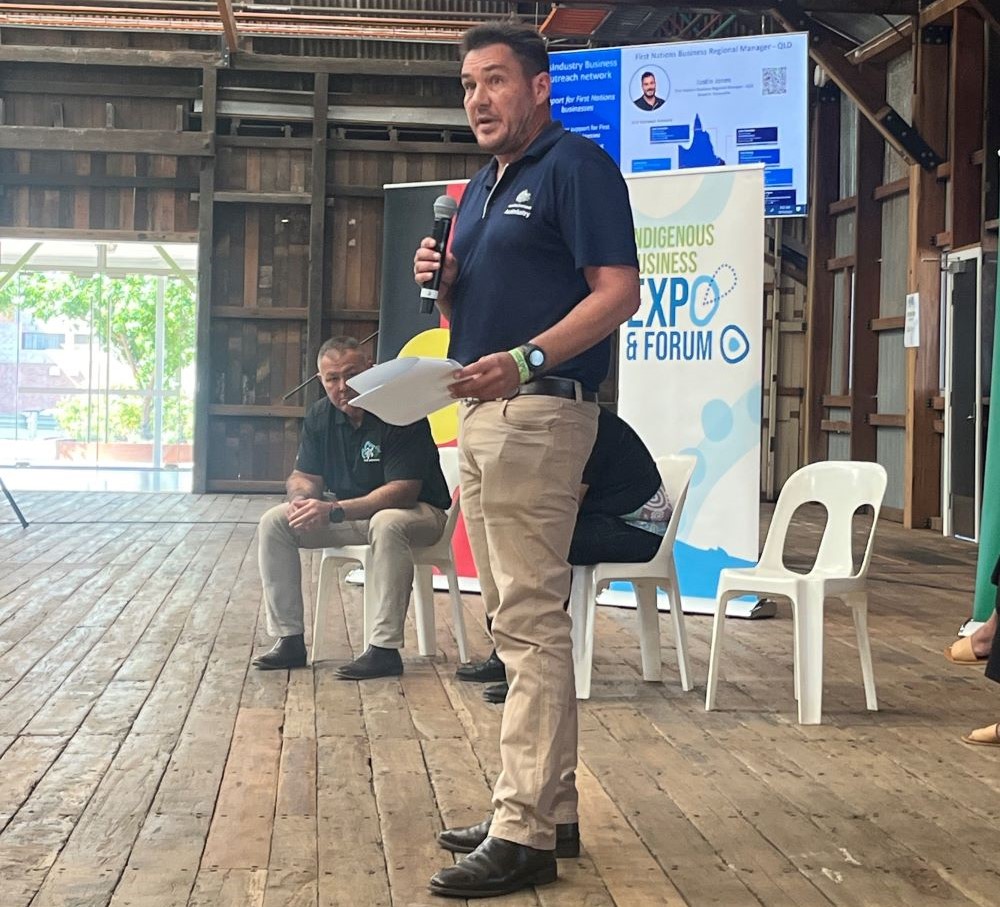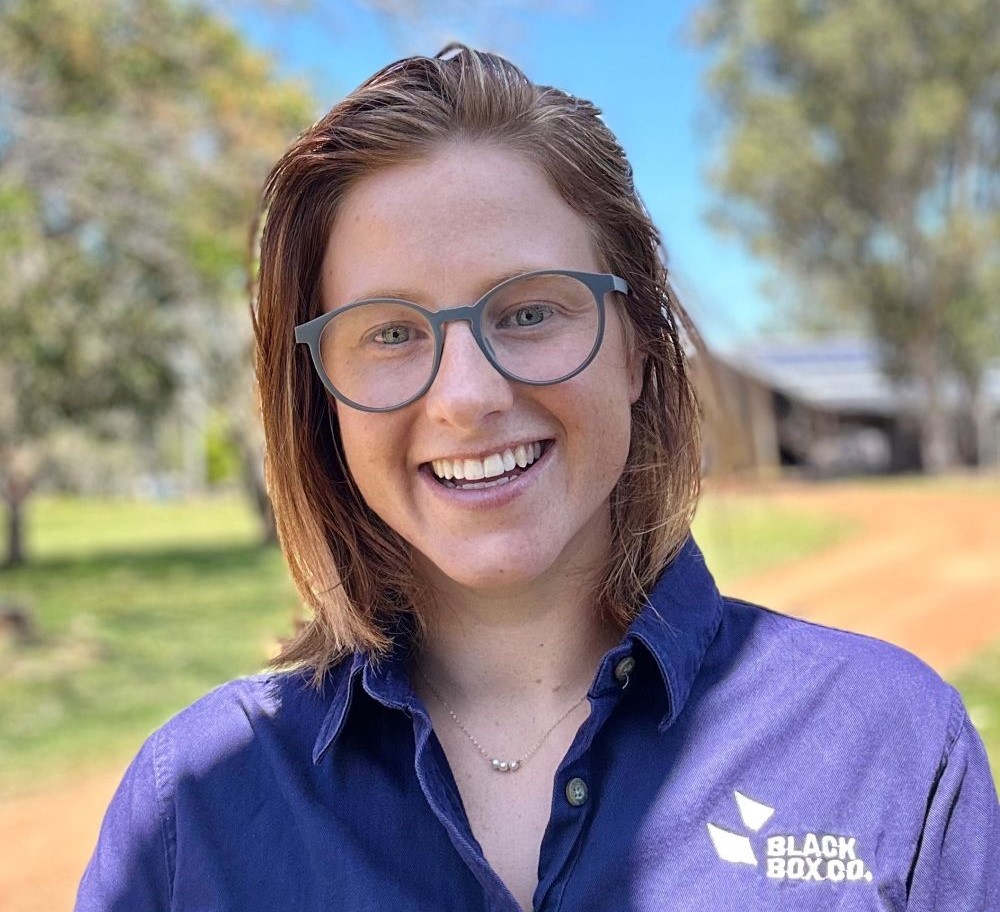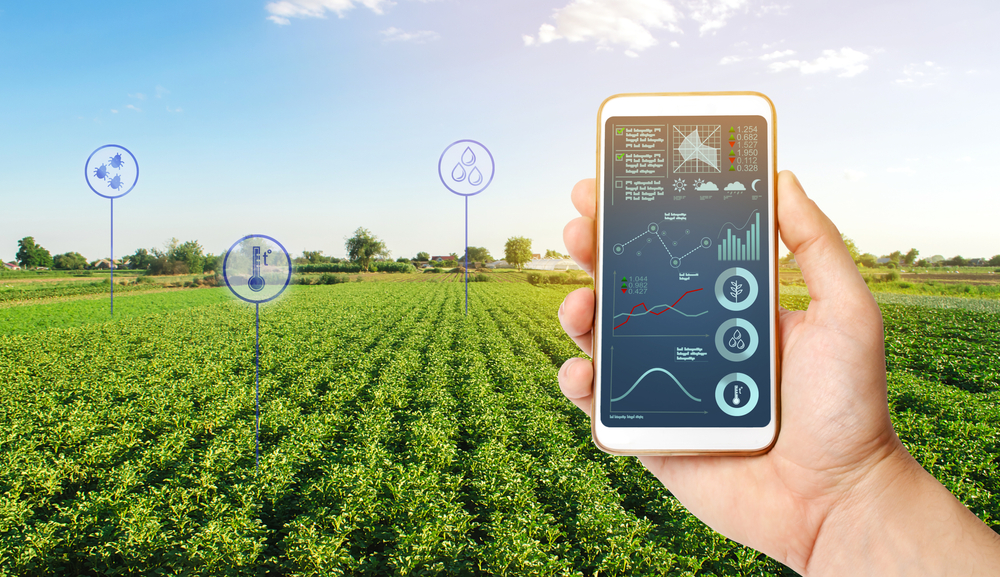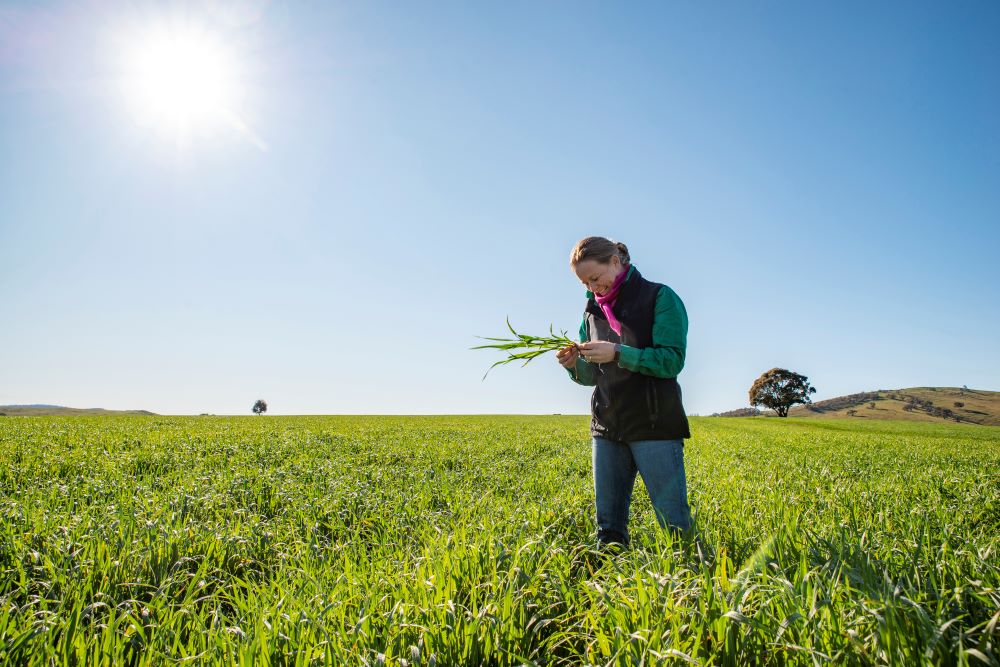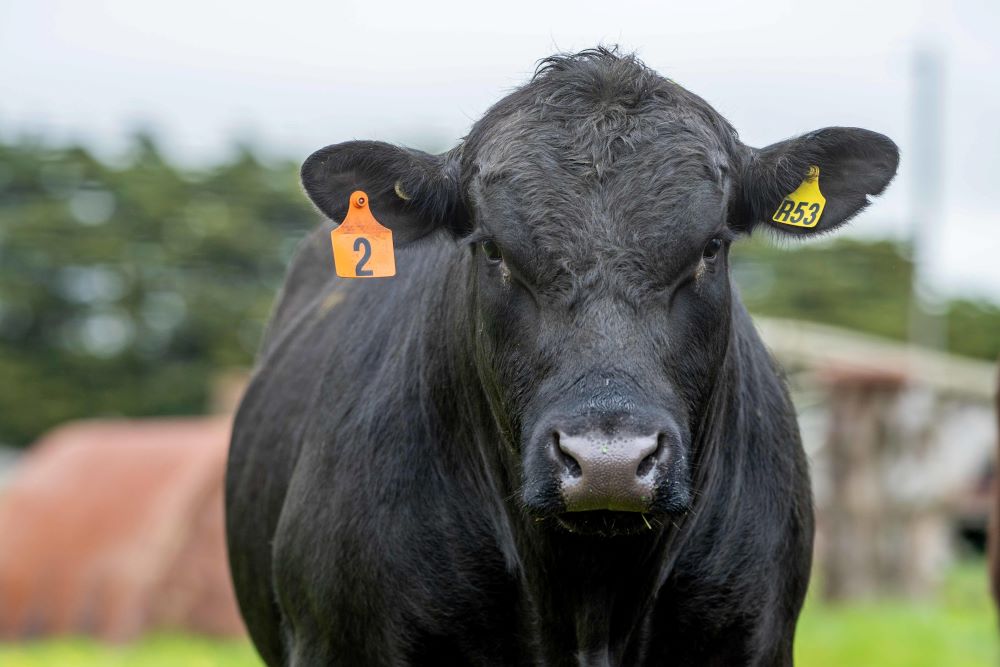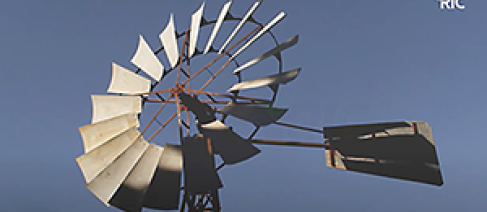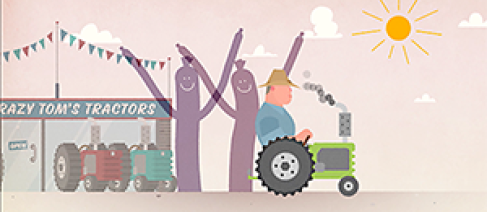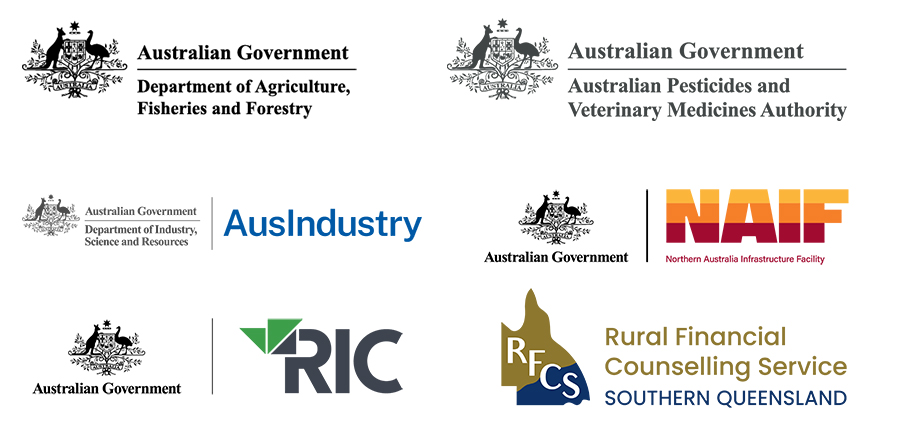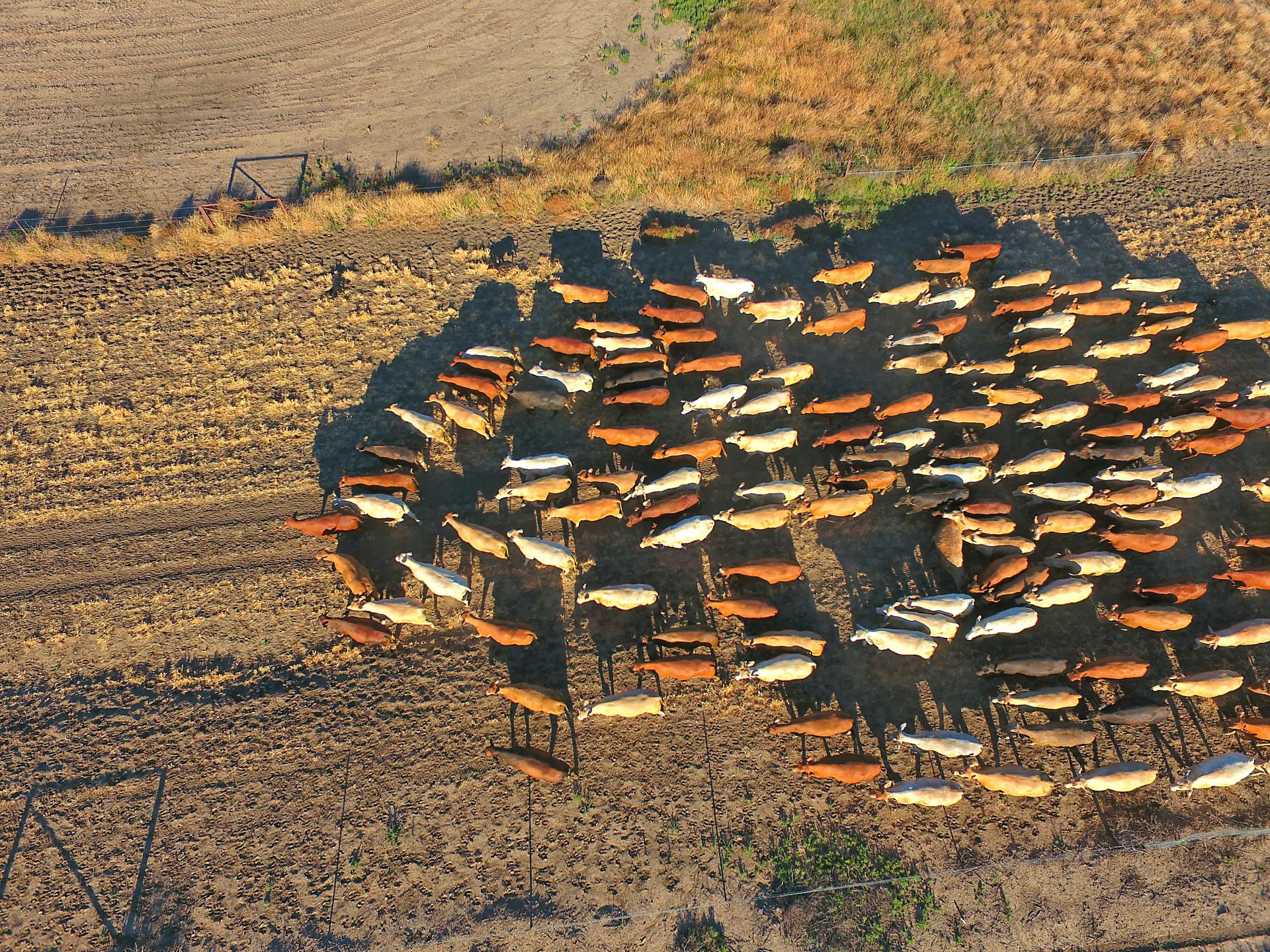
Help for Australian cattle producers, exporters and their local communities
We work with you to safeguard and grow sustainable agriculture, fisheries and forestry for all Australians.
Australia’s high-quality beef industry is important to our economy. It contributes to the agriculture sector’s goal of becoming a $100 billion industry by 2030. It also supports thousands of jobs across regional and rural Australia.
We’re proud to support industry with strong biosecurity. We partner in research and development and give financial advice and support. We help farmers to prepare for drought and adopt climate-smart practices.
Discover our services and initiatives. See how they can help you.
